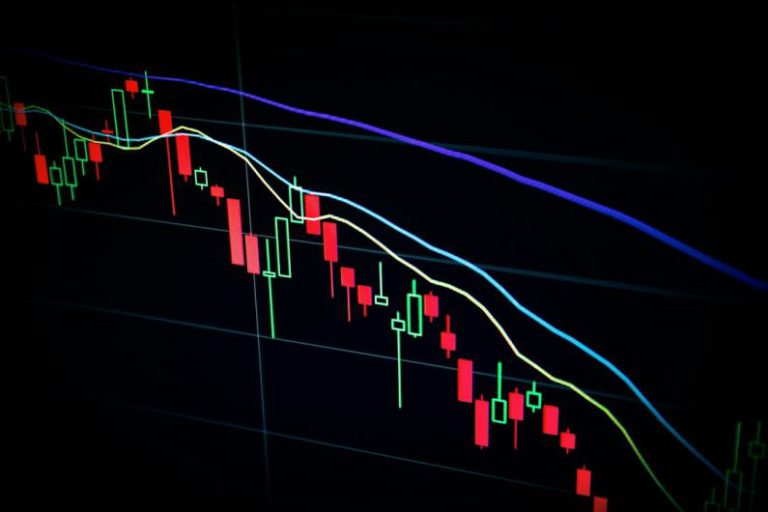What Is the Future of Sustainable Investing?
The concept of sustainable investing has gained significant traction in recent years as more investors realize the importance of considering environmental, social, and governance (ESG) factors in their investment decisions. This shift towards sustainable investing reflects a growing awareness of the impact that businesses have on the planet and society at large. As we look ahead, it is clear that sustainable investing will continue to shape the future of the investment landscape.
The Rise of ESG Integration
One of the key trends in sustainable investing is the increasing integration of ESG factors into investment strategies. ESG integration involves the systematic analysis of environmental, social, and governance criteria alongside traditional financial analysis. This holistic approach allows investors to better understand the risks and opportunities associated with a particular investment.
There are several reasons why ESG integration is gaining momentum. First, there is a growing body of evidence that suggests companies with strong ESG performance tend to outperform their peers over the long term. This has led many investors to view ESG factors as material to investment performance.
Second, there is a growing demand from investors for greater transparency and accountability from companies. By considering ESG factors, investors can gain a better understanding of a company’s impact on the environment and society. This transparency can help investors make more informed decisions and hold companies accountable for their actions.
The Role of Technology
Technology is also set to play a significant role in the future of sustainable investing. Advancements in data analytics and machine learning are enabling investors to access and analyze large amounts of ESG data more efficiently. This data can provide valuable insights into a company’s sustainability performance and help investors identify risks and opportunities.
Furthermore, technology is facilitating greater engagement between investors and companies on ESG issues. Online platforms and social media are giving investors a voice, allowing them to express their concerns and expectations directly to companies. This increased engagement can drive positive change and encourage companies to adopt more sustainable practices.
The Growing Demand for Impact Investing
Another important trend in sustainable investing is the growing demand for impact investing. Impact investing involves investing in companies, organizations, or funds with the intention of generating measurable social and environmental impact alongside a financial return. This approach allows investors to align their investment portfolios with their values and contribute to positive change.
The demand for impact investing is being driven by a number of factors. First, there is a growing recognition that traditional investment models do not adequately address pressing global challenges, such as climate change and social inequality. Impact investing provides a way for investors to support solutions to these challenges while also earning a return on their investment.
Second, millennials and younger generations are increasingly demanding that their investments have a positive impact. These investors are more likely to prioritize sustainability and social responsibility in their investment decisions. As this demographic becomes a larger part of the investor base, the demand for impact investing is expected to continue to grow.
The Importance of Regulation
Regulation will also play a crucial role in shaping the future of sustainable investing. Governments around the world are introducing new regulations and frameworks to encourage the integration of ESG factors into investment decision-making. This includes requirements for companies to disclose their ESG performance and risks, as well as the establishment of sustainability standards and reporting frameworks.
Regulation can help create a level playing field for sustainable investing and ensure that investors have access to reliable and comparable ESG information. It can also encourage companies to take sustainability issues more seriously and adopt more responsible business practices.
In conclusion, the future of sustainable investing is bright. ESG integration, technology, impact investing, and regulation are all driving the growth of sustainable investing. As investors become increasingly aware of the impact of their investments, sustainable investing will continue to gain momentum, shaping the investment landscape for years to come. By considering ESG factors, leveraging technology, and demanding greater accountability, investors can contribute to positive change and help build a more sustainable future.






